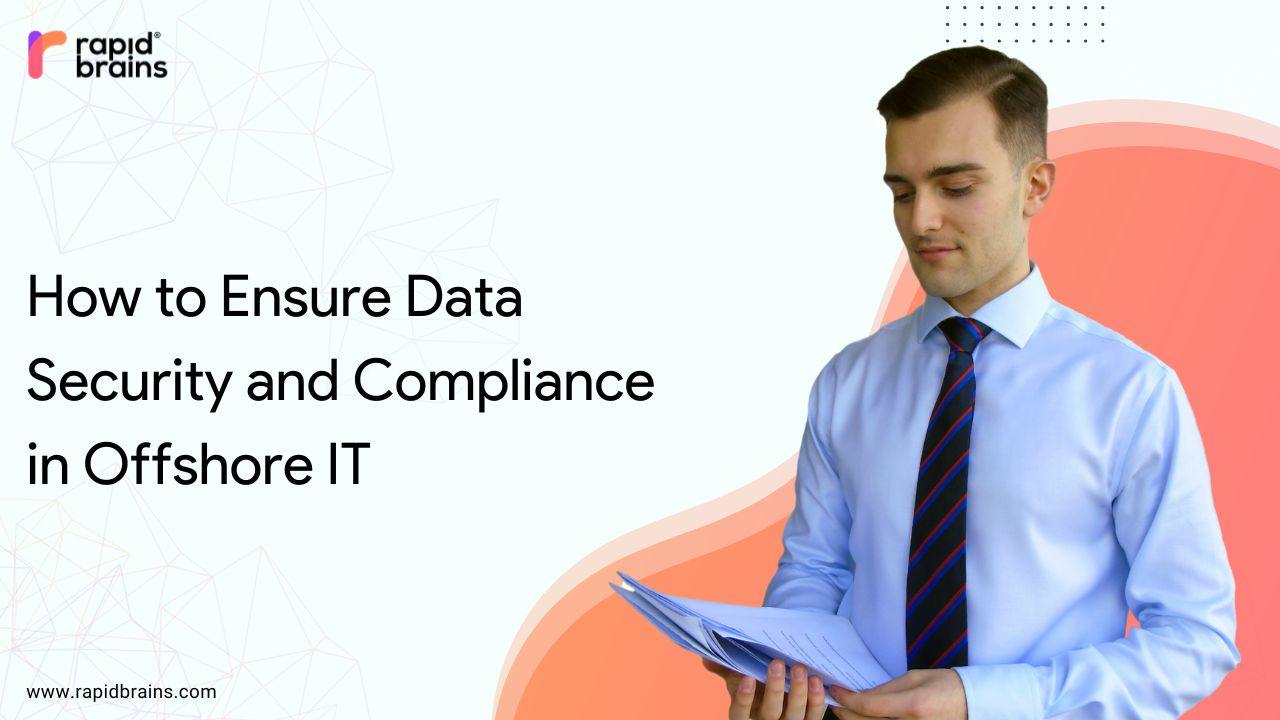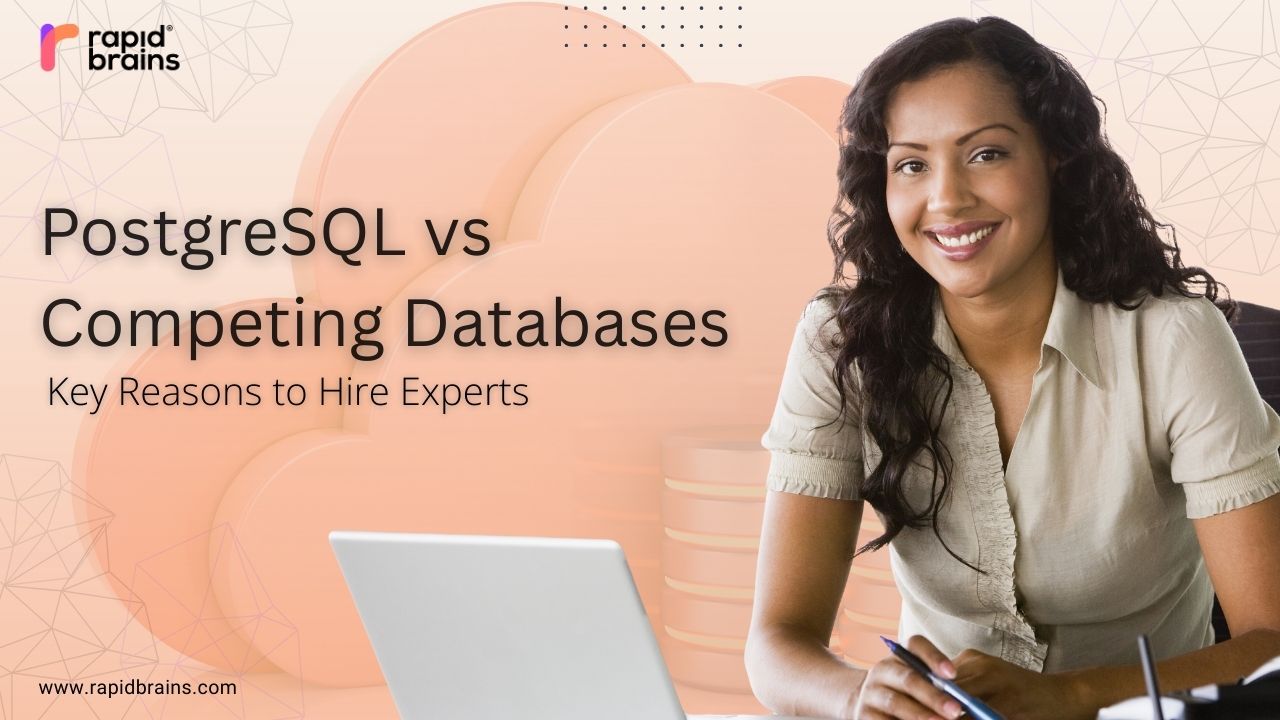
In the current interconnected digital landscape, offshoring IT operations is a strategic decision that enables organizations to tap into exceptional talent, lower operational expenses, and speed up delivery schedules.
Nevertheless, this global expansion introduces regulatory challenges – foremost among them being ISO and GDPR compliance. Ensuring adequate compliance transcends mere legal requirements; it is a crucial aspect of trust, security, and risk management in offshore IT collaborations.
Compliance in Offshore IT: Beyond Legal Requirements
When companies outsource IT services – be it software development, infrastructure management, or cloud services – they delegate sensitive data, intellectual property, and operational authority to third parties. Neglecting offshore IT compliance can result in expensive legal repercussions, security vulnerabilities, and damage to reputation. This underscores the necessity of regulatory frameworks like ISO/IEC standards and the General Data Protection Regulation (GDPR) when assessing offshore vendors.
GDPR in IT : A Focus on Data Privacy
The GDPR, implemented by the European Union, regulates how organizations manage personal data of EU residents. GDPR in IT outsourcing has led to increased protection. Even if your offshore IT partner operates outside of Europe, GDPR is applicable if they process or store data belonging to EU citizens on your behalf. This encompasses application support, customer data management, cloud storage, or analytics services.
Failure to comply can lead to penalties of up to €20 million or 4% of global annual revenue—whichever amount is greater. More critically, it undermines customer confidence. Therefore, IT outsourcing partners must prove their adherence to GDPR through clear data processing practices, enforcement of data subject rights, and effective breach notification protocols.
Establishing a Global Benchmark with ISO Standards
ISO standards for offshore teams – ISO/IEC 27001 – recognized as the international standard for information security management, is essential for offshore IT providers that manage sensitive or regulated data. It guarantees that the vendor adopts a systematic method for addressing data security risks, which encompasses physical security, access control, encryption, and business continuity.
In the context of software development and service quality, ISO 9001 (Quality Management Systems) and ISO/IEC 27017 (Cloud Security) are also pertinent. These standards assist in assessing whether your offshore team adheres to a structured, repeatable, and secure methodology – an essential factor in agile or DevOps settings.
Data Protection in Offshoring: Minimizing Risks
Data protection in offshoring focuses on reducing risks associated with unauthorized access, data breaches, and compliance issues. This entails utilizing encrypted communication channels, implementing appropriate role-based access controls, establishing clear data retention policies, and performing regular audits. Collaborating with vendors who incorporate security into every phase of the development lifecycle – commonly known as DevSecOps – is now considered a best practice in offshore partnerships.
Technology-Specific Risks and Compliance Requirements
When engaging with technologies such as cloud computing, AI, or big data analytics, the regulatory environment becomes increasingly intricate. Cloud services utilized by offshore teams must comply with GDPR data residency mandates, and AI-driven processes must be transparent and adhere to ethical standards. IT outsourcing regulatory compliance for industries like fintech, healthcare, or e-commerce must also take into account additional frameworks such as HIPAA or PCI DSS.
How RapidBrains Can Assist
At RapidBrains, we focus on connecting global enterprises with pre-vetted, compliant offshore IT professionals. Our developers work within ISO-certified environments and adhere to GDPR-aligned protocols to guarantee data protection, confidentiality, and regulatory compliance. Whether you require cloud engineers, AI specialists, or full-stack developers, RapidBrains ensures compliance isn’t an afterthought – it’s a core service promise.




